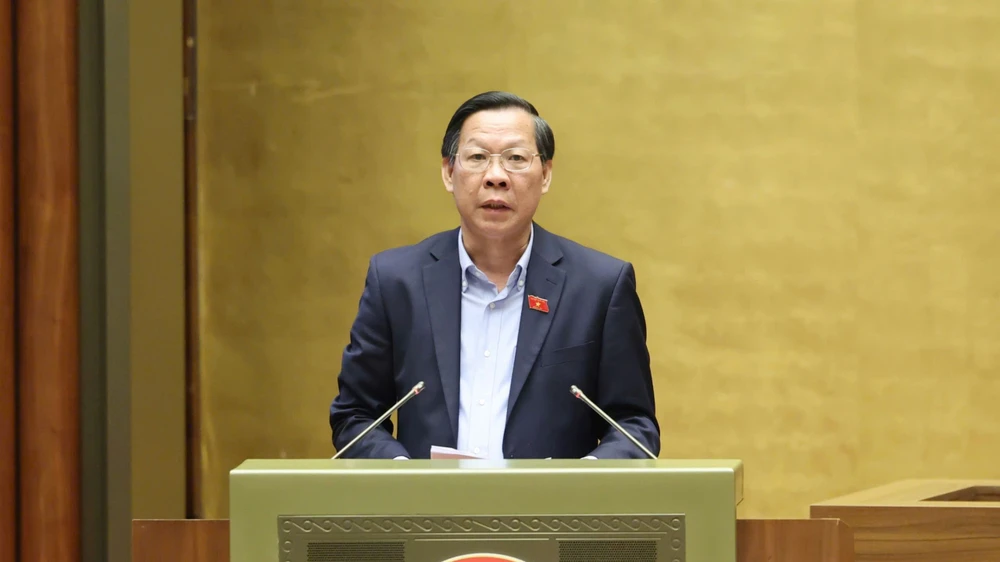
On the morning of May 12, continuing the 9th session, the National Assembly listened to the report of the National Assembly Standing Committee (NASC) on receiving, revising and perfecting the draft revised Law on Corporate Income Tax (CIT).
According to the draft law, the Government proposes to add regulations allowing enterprises that donate funding to deduct funding for technology development, innovation, and digital transformation from expenses when calculating corporate income tax; at the same time, enterprises receiving funding are exempt from tax on this income, regardless of whether the funding is received from independent external enterprises or from affiliated enterprises.
However, there are also concerns that expenditures for technology development, innovation, and digital transformation are often very large, wide-ranging, and currently lack specific legal regulations, making market pricing in these areas difficult to implement.
Therefore, this provision has the potential risk of being exploited to transfer profits, transfer pricing, and evade taxes when the donor and recipient enterprises are related parties. These contents have not been thoroughly analyzed and assessed for impact, so they need to be considered carefully.
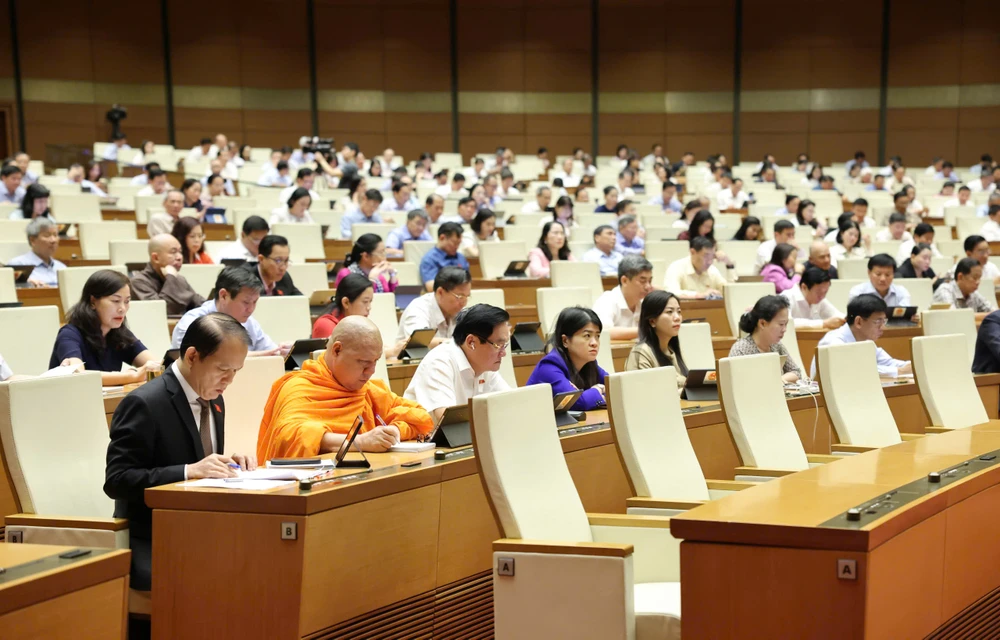
The Standing Committee of the National Assembly reported to the National Assembly to consider and supplement the regulation allowing exemption of corporate income tax applicable to all funding as proposed by the Government, but requested the Government to issue all necessary regulations and take responsibility for organizing implementation, ensuring the goal of preventing transfer pricing and profit transfer between related parties, avoiding policy exploitation.
During the implementation process, the Government is responsible for monitoring and evaluating in detail the grants given and received between related parties; changes in corporate income tax obligations and budget payments of these units before and after the policy is issued to promptly report to the National Assembly for consideration and adjustment in case the impact level is significant.
The Government needs to issue all necessary regulations and take responsibility for organizing their implementation, ensuring the goal of combating transfer pricing and profit transfer between related parties, and avoiding policy exploitation.
Similarly, regarding the regulation allowing enterprises to offset profits from real estate business activities and investment project transfers with losses from other business activities when determining taxable income, Chairman of the Economic and Financial Committee Phan Van Mai said that current regulations do not allow this offset to ensure budget contributions for large profits from real estate business activities and investment project transfers of enterprises.
The Standing Committee of the National Assembly stated that currently, real estate businesses tend to operate in multiple sectors. The draft law submitted to the National Assembly at the 8th session has amended this provision to facilitate, remove obstacles and ensure fairness between real estate businesses and businesses in other sectors, contributing to promoting economic growth to achieve the set target; the impact on revenue according to the report is insignificant.
However, there are also concerns about the risks of this regulation when implemented, because it may create a mechanism for enterprises to take advantage of reducing tax obligations from real estate business activities and transferring investment projects through offsetting losses from other business activities (these losses may only be short-term and are intentionally recorded as losses); the assessment data according to the report (based on 2023 data) has not yet accurately reflected the actual impact after implementation.
Therefore, the Standing Committee of the National Assembly recommends that this content needs to be further evaluated in terms of the actual impact of the policy once it has been implemented to eliminate the risk of policy abuse.
“In the spirit of supporting the Government in facilitating businesses and promoting GDP growth to reach 8%, the Standing Committee of the National Assembly would like to report to the National Assembly that it agrees with the Government’s proposed amendments. However, we request that the Government take responsibility for organizing the implementation to achieve the target and avoid policy abuse,” Mr. Phan Van Mai emphasized.
Another noteworthy content is the tax rate applied to small enterprises. The draft law provides preferential tax rates (15%, 17%) for small-scale enterprises. Along with enjoying preferential tax rates, small-scale enterprises, if meeting the conditions for tax incentives according to location and field, are also eligible for preferential policies according to the provisions of the draft law with higher levels of incentives.
However, the Standing Committee of the National Assembly stated that the Law on Support for Small and Medium Enterprises has many criteria to determine the type and is divided according to the field of operation. According to these criteria, the number of small-scale enterprises accounts for nearly 94% of the total number of enterprises today. If these criteria are used to determine the subjects eligible for tax incentives, it will lead to a situation of widespread and ineffective incentives.
The National Assembly's standing body proposed that the draft law only use revenue criteria to ensure simplicity, convenience and consistency with tax administration as well as common practices of other countries.
Source: https://www.sggp.org.vn/ngan-chan-ne-thue-tu-kinh-doanh-bat-dong-san-chuyen-nhuong-du-an-post794833.html






![[Photo] Prime Minister Pham Minh Chinh chairs a meeting on the implementation of the Lao Cai-Hanoi-Hai Phong railway project.](https://vphoto.vietnam.vn/thumb/1200x675/vietnam/resource/IMAGE/2025/5/20/0fa4c9864f63456ebc0eb504c09c7e26)










































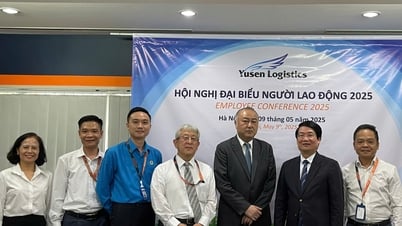









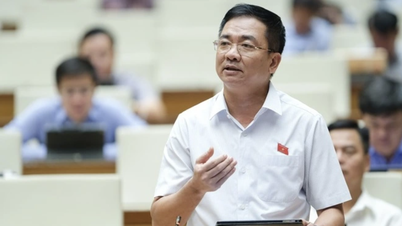


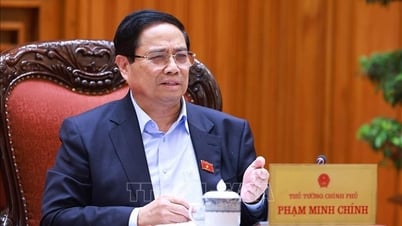


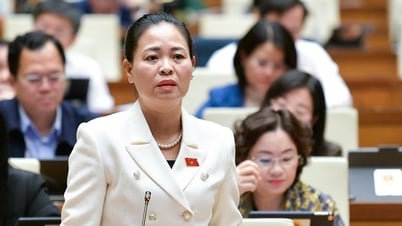

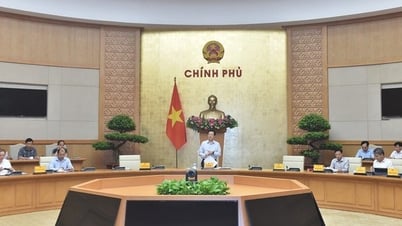



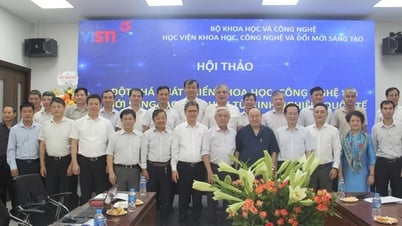
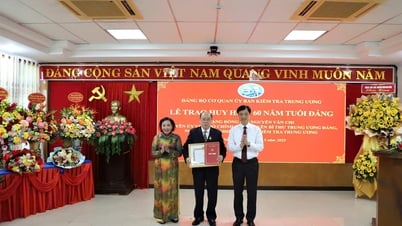

















Comment (0)